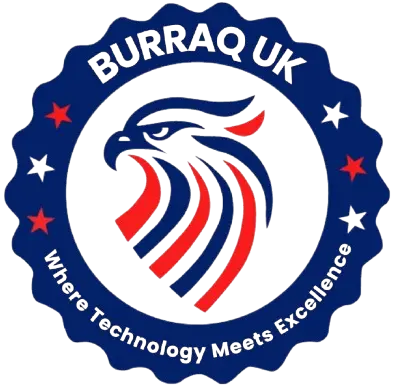ISO/IEC 17025 Testing and Calibration Laboratories
ISO/IEC 17025 is an international standard that specifies the general requirements for the competence, impartiality, and consistent operation of laboratories involved in testing, calibration, and sampling. It is developed jointly by the International Organization for Standardization (ISO) and the International Electrotechnical Commission (IEC).
This standard ensures that laboratories produce valid and reliable results, fostering confidence in the quality and accuracy of their testing and calibration services.

Aim of ISO/IEC 17025 Testing and Calibration Laboratories
The aim of ISO/IEC 17025 is to establish the general requirements for the competence, impartiality, and consistent operation of laboratories involved in testing, calibration, and sampling. Specifically, it seeks to:
- Ensure that laboratories produce valid, reliable, and reproducible results
- Promote confidence and trust in laboratory data among customers, regulatory bodies, and other stakeholders
- Support laboratories in implementing a quality management system tailored to technical competence
- Facilitate international acceptance of test and calibration results, reducing the need for retesting and re-calibration
- Enhance continuous improvement and effective management of laboratory processes
Course Overview
ISO/IEC 17025 Testing and Calibration Laboratories
Total Modules 6
Training Credits 18
Directed Learning Hours (DLH) 60
Course Code BUK1942
- Calibration laboratories responsible for equipment and instrument calibration
- Laboratory managers and supervisors
- Quality managers and assurance personnel
- Laboratory technicians and analysts
- Technical staff responsible for equipment and procedures
- Internal auditors and compliance officers
- Consultants and trainers specializing in laboratory quality systems
| Course Code | Curriculum Title | Credit | DLH |
|---|---|---|---|
| BUK1942-1 | Introduction to ISO/IEC 17025 | 3 | 10 |
| BUK1942-2 | Management Requirements | 3 | 10 |
| BUK1942-3 | Technical Requirements | 3 | 10 |
| BUK1942-4 | Measurement Traceability and Uncertainty | 3 | 10 |
| BUK1942-5 | Laboratory Quality Assurance | 3 | 10 |
| BUK1942-6 | Implementation and Maintenance of ISO/IEC 17025 | 3 | 10 |
Module 1: Introduction to ISO/IEC 17025
- Overview and scope of the standard
- Importance and benefits of ISO/IEC 17025 accreditation
- Key terms and definitions
Module 2: Management Requirements
- Structure of the management system
- Document control and record management
- Review of contracts and customer communication
- Handling of non-conformities and corrective actions
Module 3: Technical Requirements
- Competence of personnel
- Equipment calibration and maintenance
- Environmental conditions affecting tests and calibrations
- Test and calibration methods and method validation
- Sampling and handling of test items
Module 4: Measurement Traceability and Uncertainty
- Concept of measurement traceability
- Estimating measurement uncertainty
- Ensuring accuracy and reliability of test results
Module 5: Laboratory Quality Assurance
- Internal audits and proficiency testing
- Monitoring laboratory performance
- Handling complaints and feedback
Module 6: Reporting of Results
- Test and calibration reports
- Certificates of calibration
- Reporting requirements and data integrity
Module 7: Implementation and Maintenance of ISO/IEC 17025
- Steps for implementing the standard
- Preparing for accreditation audits
- Continual improvement processes
Module 8: Case Studies and Practical Exercises
- Real-world examples of laboratory accreditation
- Exercises on document control, uncertainty estimation, and audit preparation
- Laboratory Managers and Supervisors
- Quality Assurance and Quality Control Personnel
- Laboratory Technicians and Analysts
- Calibration Engineers and Technicians
- Internal Auditors and Compliance Officers
- Technical Staff responsible for testing and calibration processes
- Consultants and Trainers in laboratory management and accreditation
- Regulatory and Accreditation Body Personnel
- Anyone involved in managing or supporting laboratory quality systems
- All Modules within this qualification are assessed internally by the approved training Centre and externally verified by BURRAQ UK. The program uses a criterion-referenced assessment approach to ensure that learners successfully meet all required learning outcomes.
- A Pass in any unit is granted only when the learner submits valid, reliable, and authentic evidence that demonstrates achievement of the assessment criteria. The Assessor is responsible for reviewing this evidence and confirming that the learner has attained the expected standard.
